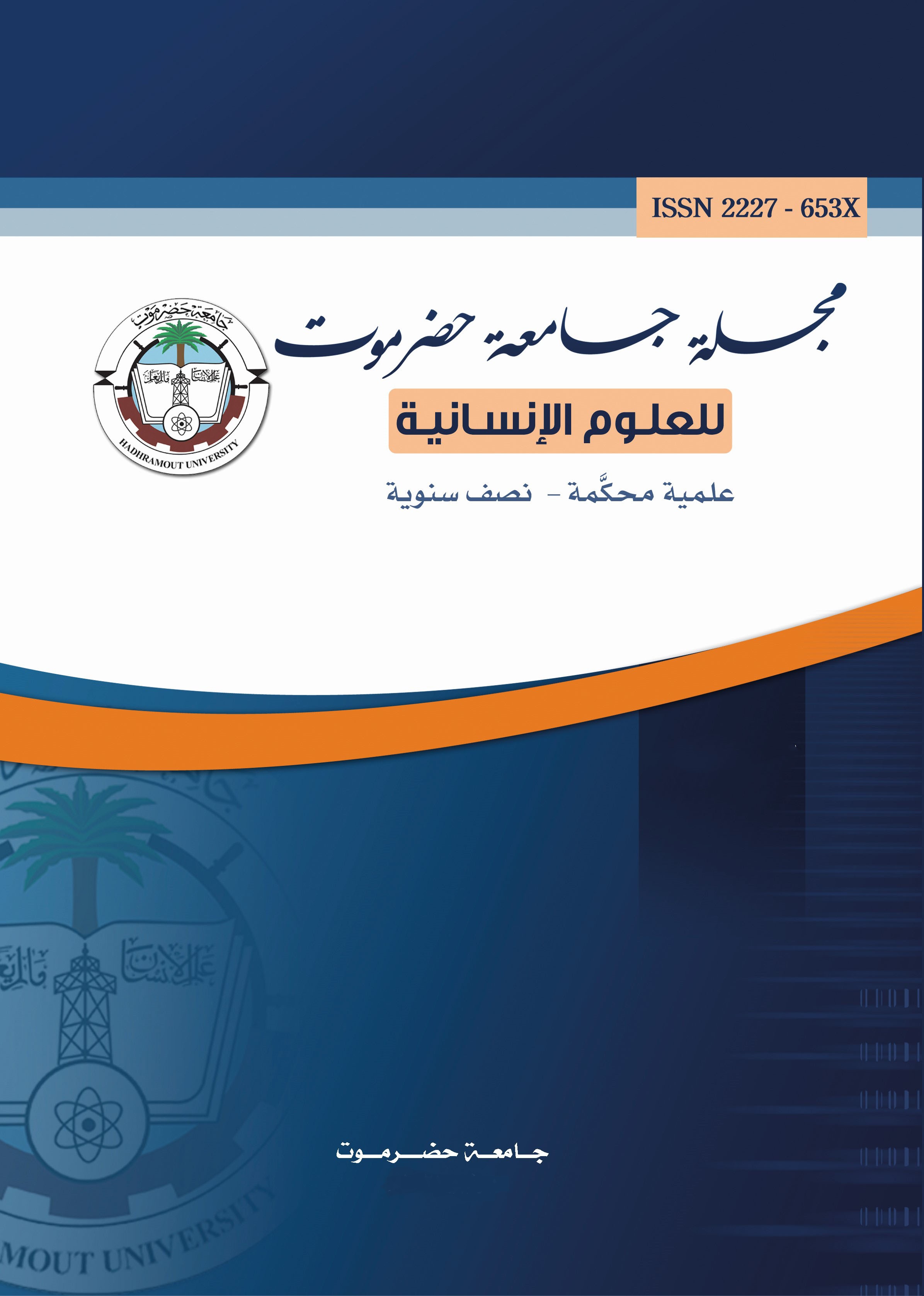Orientalist Motifs in Freya Stark’s The Southern Gates of Arabia: A Journey in the Hadhramaut
Keywords:
Freya Stark, Travelogue, Orientalism, colonialism, HadhramautAbstract
This paper queries the Orientalist motifs in Freya Stark’s The Southern Gates of Arabia: A Journey in theHadhramaut (1936). This travelogue deals basically with one place, namely Hadhramaut in South Arabia,in the third decade of the 20th century. The book narrates the pioneering journey(s) of the British woman in the will-be-British protectorate and her sense of supremacy and highly-elevated pride of the British colonial civilization. It will be examined in terms of the whites’ “Othering” the people of Hadhramaut via the lens of Edward Said’s theory in Orientalism (1978) and some other related concepts. The travelogue, as it will be argued, is within the colonial processes of claiming ontological stability and/or of “manufacturing” the other through the production of epistemological traditional clichés for the purpose of hegemony and domination.The paper concludes that unveiling the masks of the British nomad reveals stereotypical portraits of others as being ignorant, exotic, uncivilized, “subaltern”, filthy, and savage. Consequently, it is a typical colonial text that reveals the “white man’s burden” to advocate the civilizing enlightening mission in this mysterious land, the sole property of the Great Empire.




